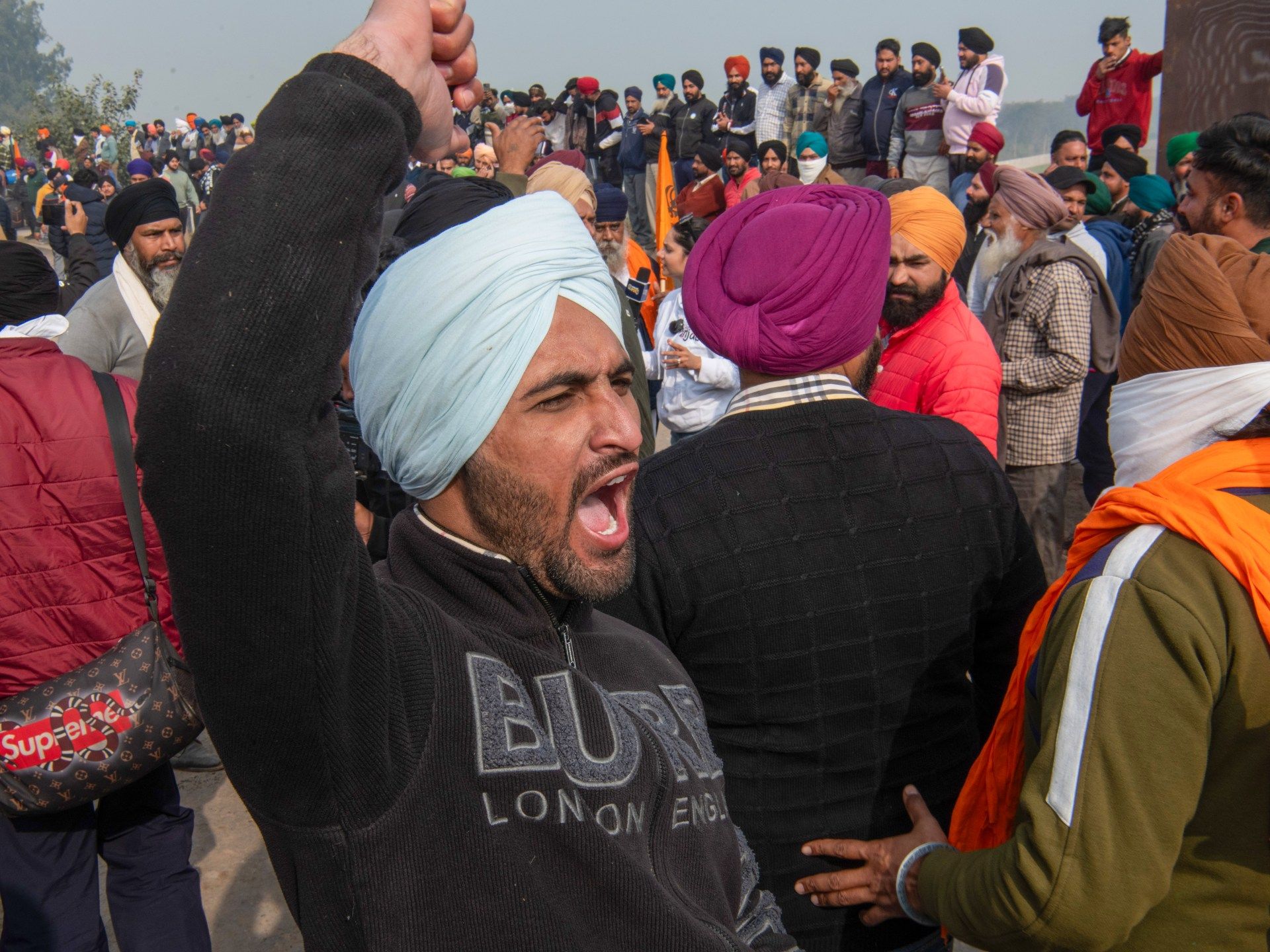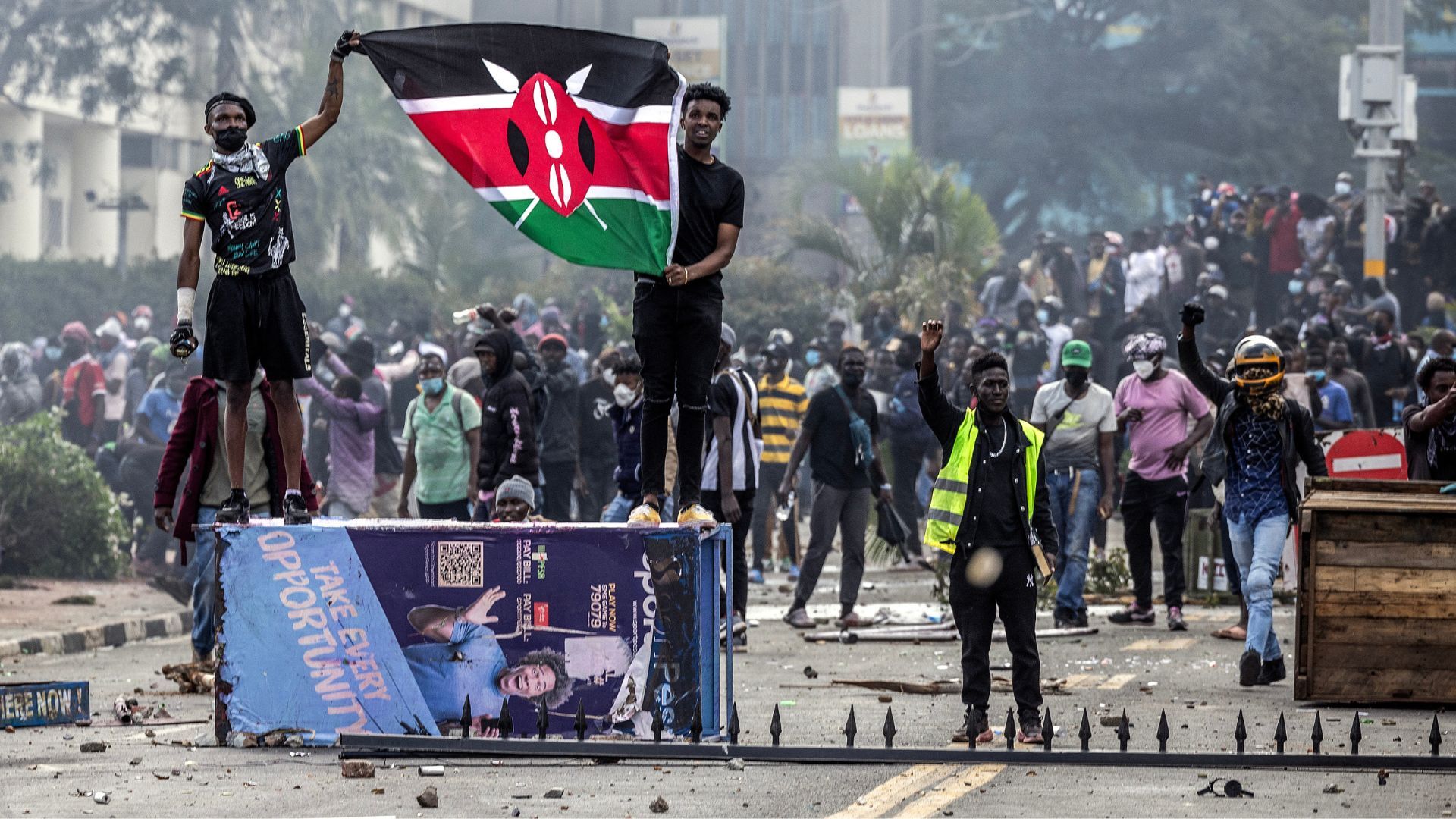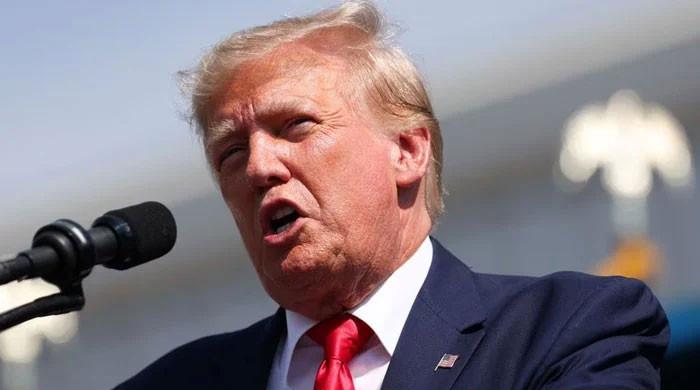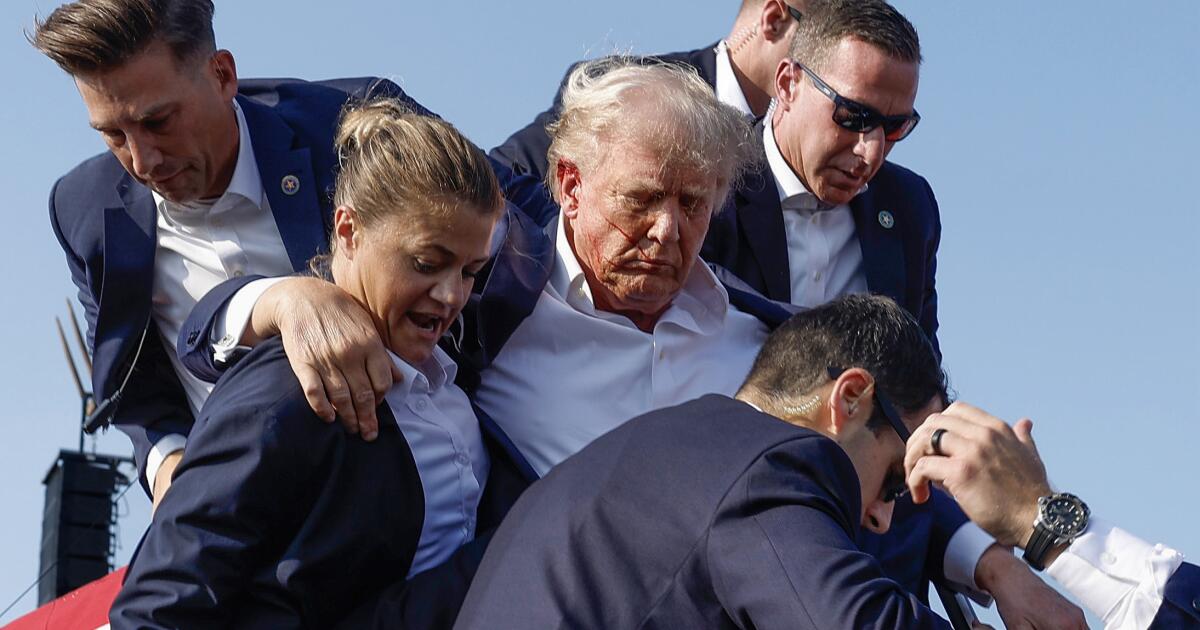Shambhu border, India – Thousands of farmers have gathered on the outskirts of India's capital, New Delhi, to demand guaranteed minimum prices for their crops, debt relief and political reforms.
The protests are led by over 250 farmers' unions, including the Kisan Mazdoor Sangharsh Committee (a platform representing over 150 unions) and the Samyukta Kisan Morcha (SKM), which is supported by over 100 unions. With participants coming from all over from states like Punjab, Haryana, Uttar Pradesh, Rajasthan and Madhya Pradesh, the protests are being coordinated from Punjab and gaining support transcending state borders.
Starting Tuesday this week, farmers are marching towards New Delhi with their tractors and trucks in tow. In an attempt to stop the march, Indian authorities have placed barriers, spikes and other heavy machinery along roads leading to the capital. During an attempt by protesters to break down barricades in Shambhu village on the Punjab-Haryana border, Haryana police responded by firing volleys of tear gas to disperse them. Haryana borders New Delhi and is governed by Prime Minister Narendra Modi's Bharatiya Janata Party.
These protests are a continuation of demonstrations that took place two years ago in and on the outskirts of New Delhi. They lasted more than a year, during which time more than 600 people died during the violent crackdown by the authorities. Following the government's agreement to rescind three agricultural reform laws that farmers opposed, the protests were called off. However, other demands they had made were not met and these problems have flared up again.
Demands for a strong system of setting minimum support prices (MSP) to protect farmers from market fluctuations are at the heart of the protest. Protesters are also demanding debt relief and restrictions on privatization of the energy industry. “I was here last time for the whole time. We are here again because the promises made, for example, the MSP, have not been fulfilled. When they formed the government, they promised to waive loans, but that did not happen. They vowed to get justice in the Lakhimpur Kheri incident case. [when protesting farmers were rammed by a car and killed in October 2021]“Sukvindra Kaur, 55, from Bathinda, Punjab, told Aljazeera.
“We were forced to hit the roads again due to the same demands,” he added. “The promises made by the current government have to be fulfilled by them, and tomorrow if there is a new government, why would they fulfill our demands? We never wanted to do it but farmers are committing suicide; They have huge loans. “We are here to save them.”
Another farmer, Dharam Singh Sidhu, 60, vice-president of Kissan Sangash Samiti for Ferozepur, Punjab, called the tear gas attacks on farmers and the firing of rubber bullets at protesters “undemocratic”.
“Under democracy, everyone has the right to protest peacefully, but despite moving peacefully, they are blocking us, bombing us and opening fire. No farmer is involved in any illegal activities; We are protesting peacefully,” Sidhu said.
The timing of the protest ahead of looming elections in the coming months highlights the political significance of the desperation among farmers, who make up a sizable voting bloc in the country.












